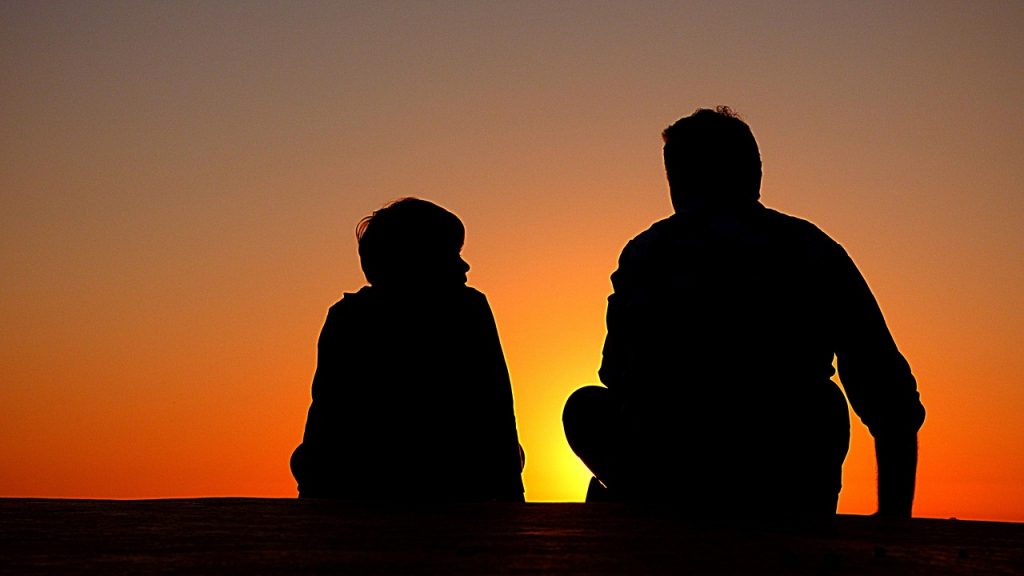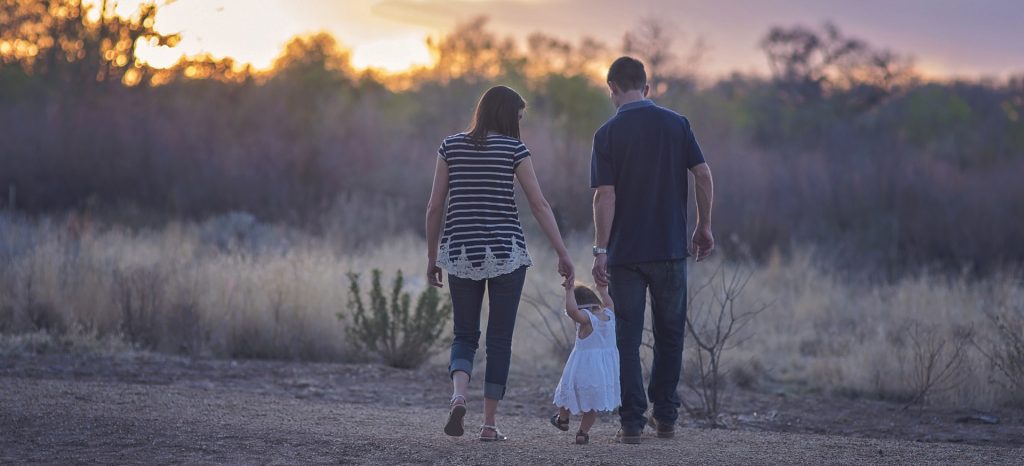
How Did My Kid Get Like This?
How Did My Kid Get Like This?
Eric Herschman, PsyD
As parents, we all want what is best for our children. When there are problems, most parents want to address them immediately. This might mean going to a medical specialist, getting a tutor, arranging a meeting with teachers, or seeking psychological help. This is typically instinctual, so many parents appropriately address these concerns as they arise. However, a more insightful parent may consider other aspects of what could be causing a problem. Considering a biopsychosocial conceptual framework where biological, psychological, and social factors influence who we are as a person can be helpful. To take a symbolic/metaphorical ‘step back’ and get the perspective to see the forest from the trees requires some awareness and objectivity.
The biological/genetic loading that we pass onto our children is legitimately powerful. However, sometimes I think we either consciously forget that or want to unconsciously forget it. There is certainly lots to say about the environmental and nurturing influence on our offspring, as well. Some combination of nature and nurture loading and many other variables help to create what we create. It is sometimes more obvious to see the physical similarities between parents and their kids rather than the psychological contribution.
These ideas have been around for a long time. Phrases like, “An apple or acorn doesn’t fall far from the tree” or s/he is “a chip off the old block” or reference to, “like mother, like daughter” or “like father, like son” suggest a child has the same or similar traits as his/her parents. In other words, if you plant a potato, then you get a potato. This is important to keep in mind when you see positive and negative attributes in your child, including when you beam with pride or scream in anger or frustration. To some extent, your children are destined to be like you. Sometimes, when parents are feeling stressed or angry that their child is acting out or doing poorly in school, I say, “How were you as a child in terms of your behavior and grades?” Often, this leaves the parent with a smile and maybe some frustration; it also imposes perspective taking and can neutralize their upset. Some parents who are extremely motivated to be a different parent to their children than their parents were to them can change, and therapy can be the conduit for parents to make these changes.

Racism Is Not Good for Us or Our Children: Understanding White Privilege
By Eric Herschman, PsyD
It is well known that racism exists in contemporary America and that has severe consequences, including on our youth. One recent tragic example occurred on December 11, 2018 when a nine-year-old girl in Alabama took her own life after experiencing racist bullying in her elementary school (Andrew Arenge, 2018). It lives on in stereotypes, fear, prejudiced views, and white privilege. Beyond these interpersonal biases, it is present systemically in institutional, historical, and structural dynamics in our society, which perpetuate power and advantages of the dominant/white group. Members of this group engage in everyday acts of discrimination and disrespect, often with minimal insight and awareness. These microaggressions, subconscious actions, behaviors, and beliefs occur at all levels of socio-economic, educational, and professional status. Racism benefits those in power and as a result the concept of privilege should be recognized.
According to an NBC News|SurveyMonkey poll, a majority of Americans say racism remains a major problem, (Andrew Arenge, 2018). In that same poll, a majority believe white people benefit from societal advantages that people of color do not have. Complex, overt and subtle systems serve to keep racism active. However, people do not see themselves as racist and do not want to be perceived that way. Often, people are not aware that they grew up in a racist home or could unconsciously be transmitting racist views to their children.

Parenting: Am I the Problem?
Sometimes, I can help parents with their troubled child’s behavior without seeing their child. No one knows inherently how to be a good enough parent. Our own parents can be good role models, but sometimes they may not be. The dance of effective parenting can be very complicated, with lots of variables to consider, yet. I’ve never met a parent who says to themselves, “How can I be a bad parent?” There’s lots of trial and error. I will address some examples of what I have found to be helpful to parents in making positive changes for a less stressful family life.

